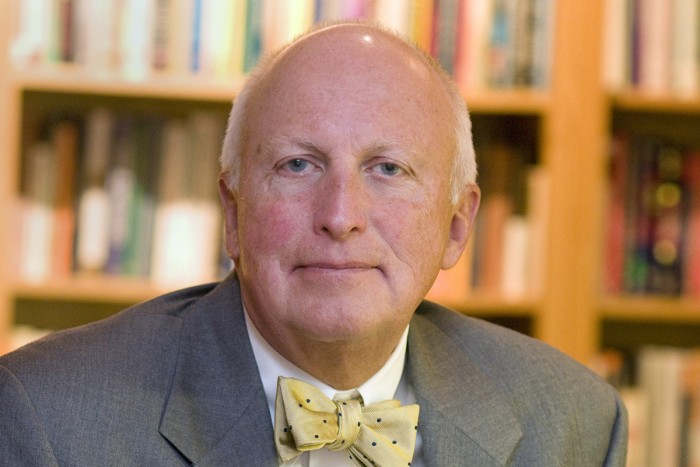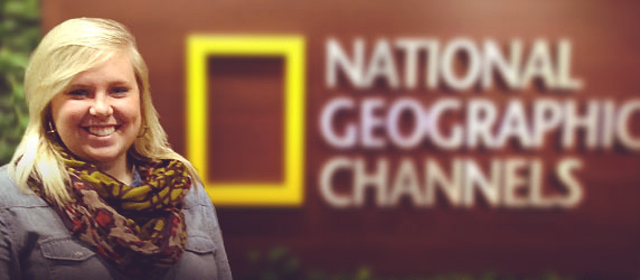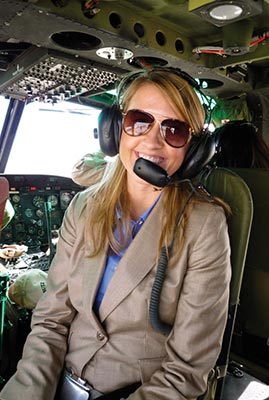The Ethical Dimension
Michael Hoffman ’65 Shortly after arriving at Bentley University in 1974, professor W. Michael Hoffman ’65 applied for a National Endowment for the Humanities grant to start a few business ethics courses. The agency’s review committee, however, dismissed the request with comments that went something like: “Never heard of business ethics,” and “Isn’t that an oxymoron?” Not to be deterred, Hoffman met with the NEH director of programs, who seemed embarrassed by his agency’s offhanded response to his application. The professor resubmitted, got the grant and not only brought business ethics to Bentley but in a way sparked the business ethics movement itself. Hoffman’s pioneering effort to bring together the unlikely domains of Plato and John D. Rockefeller has its roots in his philosophy major at Transylvania. A liberal arts education, after all, encourages students to think about issues beyond their own field of study. However, that big connection between ethics and business took a while to grow. Hoffman, who grew up in Paris, Ky., went on to pursue his Ph.D. at the University of Massachusetts-Amherst after graduating from Transy. While he had received a scholarship to Vanderbilt, he felt drawn to the new cultural experiences the Northeast had to offer. After graduate school, Hoffman set off to his first professorship at Hiram College in Ohio, a seemingly perfect locale for a philosopher. “I thought it was very idyllic in the middle of the woods at a very small college,” he said. “I thought, that sounds very Thoreauvian.” Or, as it turned out, isolated. It was during these years—the early ’70s—when philosophers were venturing beyond the





